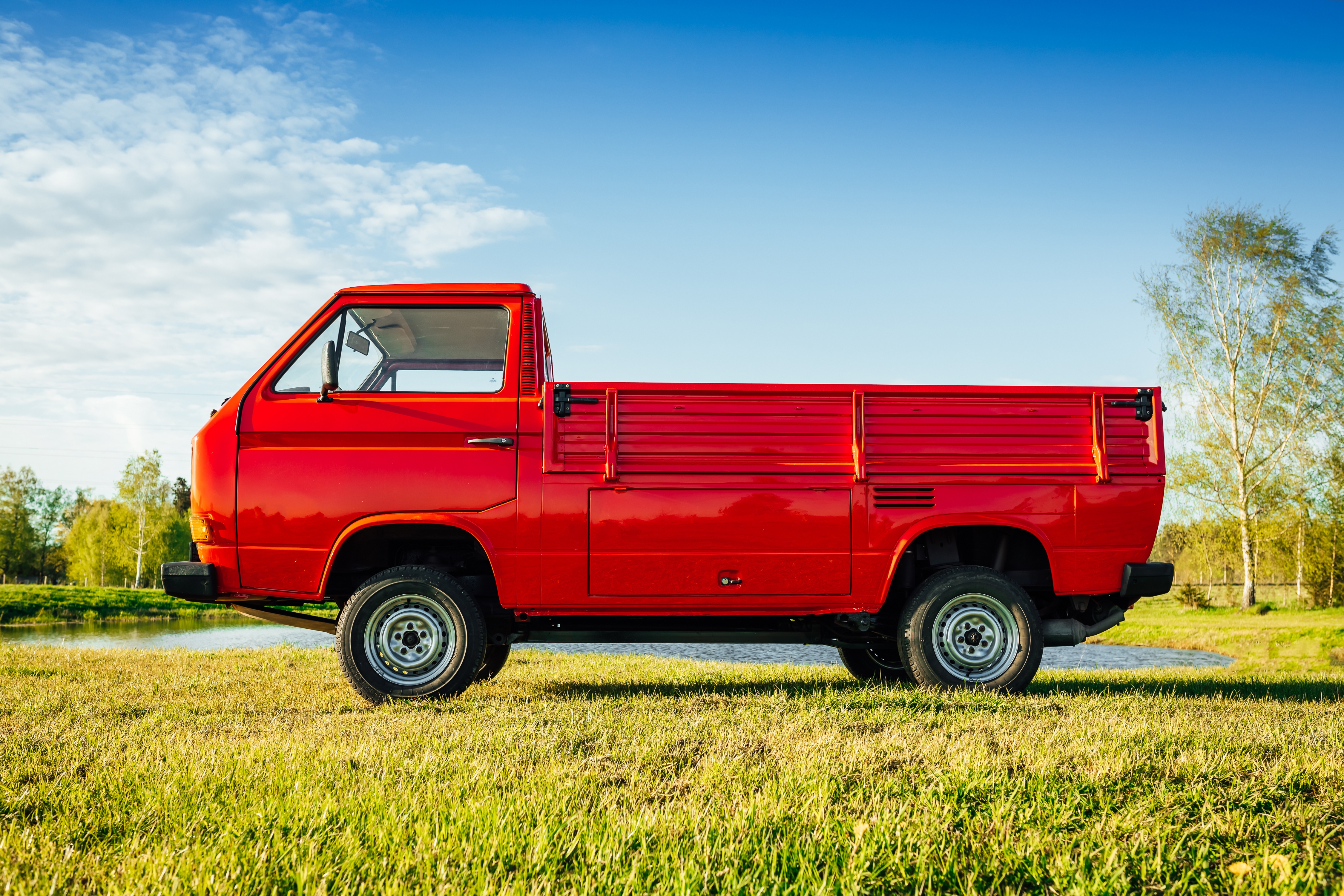India is one of the fastest growing economies in the world and commercial vehicles play a pivotal role in this by facilitating the movement of goods. From bustling urban centers to remote rural areas, commercial vehicles are the lifeline of economic activities and are responsible for building the country’s infrastructure. Several commercial vehicles are used for a wide range of purposes day in and day out. This article focuses on some of the most important vehicles. Here they are:
1) Trucks: Hauling The Backbone Of The Economy
Trucks are unquestionably vital for the transportation of goods across diverse industries. These commercial vehicles are versatile and businesses can customize them as per their specific logistics needs. With substantial payload capacities, trucks move raw materials to manufacturing sites and deliver finished products to distribution centers. Their accessibility to various locations, quick transit times, and the ability to navigate challenging terrains make trucks indispensable for timely and reliable deliveries.
Moreover, the economic impact of the commercial trucking industry extends beyond transportation, contributing to employment opportunities and supporting ancillary sectors such as manufacturing and logistics. The customization options available, such as refrigerated trucks for perishable goods and flatbed trucks for oversized items, enhance their utility across a spectrum of sectors.
2) Tippers: Unloading The Weight Of Construction
Tippers are specialized vehicles designed for the efficient transport and unloading of bulk materials like sand, gravel, and construction debris. Tippers come in different configurations, including rear-tipper and side-tipper variants, allowing for precise and controlled discharge of materials at construction sites. These vehicles play a crucial role in shaping the physical infrastructure of the nation.
Their robust build and high payload capacity ensure that construction materials are transported in large quantities, supporting the timely completion of projects. Tipper trucks can be tailored to meet the unique demands of specific industries, ultimately fostering progress and development.
3) Trailer Trucks: Toward Efficiency In Cargo Movement
These vehicles consist of a powered unit, commonly referred to as the tractor or cab, and a trailer attached to the rear. The versatility of trailer trucks lies in their ability to efficiently transport large volumes of goods over long distances. One of the key features of trailer trucks is their diverse range of configurations, each tailored to specific cargo needs. Flatbed trailers provide an open platform for transporting oversized or irregularly shaped items, offering flexibility for various industries.
Refrigerated trailers, equipped with temperature control systems, are essential for transporting perishable goods, ensuring that products remain fresh during transit. Tanker trailers, designed for liquids, play a crucial role in transporting industrial fluids and chemicals securely. Their adaptability to different cargo types, coupled with the ability to cover long distances efficiently, makes them indispensable for businesses involved in national and international trade.
4) Transit Mixer
Transit mixers are specifically used in the production and transportation of concrete. These robust vehicles feature a rotating drum mounted on the back, allowing for the mixing of concrete ingredients during transit. The primary function of transit mixers is to ensure that the concrete remains in a homogeneous state until it reaches the construction site, enhancing the quality and workability of the material.
By combining the mixing and transporting processes into a single vehicle, these trucks contribute to the efficiency of construction projects. This also minimizes the risk of concrete setting prematurely, ensuring that the material is delivered in an optimal condition for construction. Transit mixers are equipped to handle various concrete formulations, making them versatile tools in the construction industry.
5) Mini Trucks
With their robust design and powerful engines, pickup trucks are well-suited for transporting goods, equipment, and materials. Whether it’s construction sites, agricultural fields, or delivery services, pickup trucks are an excellent choice for those seeking a reliable and adaptable commercial vehicle. The spacious cargo bed allows for easy loading and unloading, making them ideal for businesses that require frequent transportation of heavy or bulky items. Additionally, many pickup trucks offer advanced towing capabilities, further enhancing their utility for businesses involved in hauling trailers or other vehicles.
A pickup truck’s interior features can include advanced safety features and comfortable seating, making long hours on the road more bearable for drivers. Moreover, the rugged exterior design not only contributes to the truck’s durability but also gives it a distinct and professional appearance.
Summing Up
All of the above vehicles and many others ensure that everything reaches where it’s supposed to be. This includes construction materials, food, liquids, medical supplies, and more. Commercial vehicles are indispensable tools for businesses. Financial institutions understand this, which is why they offer loans for commercial vehicles. Such loans are catered to those businesses that want to grow but lack the required capital. If you are a part of such a business, find a lender that understands your needs, and take a loan to buy the commercial vehicle you require. Take proactive steps, explore your financing options, and pave the way for your business to thrive in its journey toward success.
FAQs
What’s Classed As A Commercial Vehicle?
Trucks, transit mixers, trailer trucks, tippers, mini trucks, pickup trucks, etc, are classed as commercial vehicles. These are used in a variety of trades since they’re versatile and practical. Other vehicles like SUVs or family hatchbacks and other similar vehicles fall under passenger vehicles
Who Is Eligible For A Commercial Vehicle Loan?
The eligibility requirements for a commercial vehicle loan can vary from lender to lender. But here are a few of the most common ones.
- Salaried applicants should have been employed for at least 2 years. Self-employed applicants need to have business experience of at least two years
- The applicant needs to have residential stability of at least 2 years
- Pvt. Ltd. companies, societies, partnership firms, and other associations must be in existence for at least 2 years







